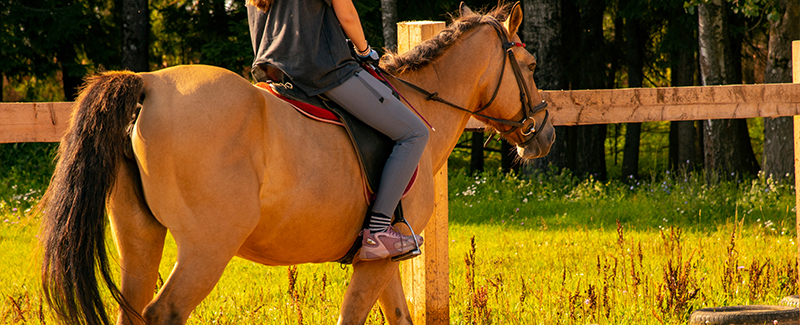Zimecterin Paste Horse Dewormer

Jellyfish are found in seas around the world, but none are as big and dangerous as the Portuguese Man O' War. They are potentially lethal, but these ocean predators wouldn't be able to kill a horse. Man o' War is also the name of one of the most celebrated racehorses of all time. He was dominant in horse racing from 1920 onwards and was named because he was born World War I. Horse dewormer medication wasn't as effective as it is today, but Man o' War did live to 30. Today Ivermectin horse dewormer as Zimecterin paste is the best way to get rid of worms for a horse of any age.
Horses are going to eat grass, and that's exactly the way their diet should be. But the issue is that there can be small strongyle worm eggs in the grass and that's how the horses ingest them. These worms can seriously damage a horse's gastrointestinal health and tapeworms can be a problem too with the way they can cause the horse to lose body weight or even become emaciated if they are not dealt with. Bloodworms are the large strongyle worms, and they're even worse with the way they cause horse anemia. Ivermectin horse dewormer works to kill worms in horses and that applies to roundworms too.
Having horses is a blessing, and it is something that many ‘city slickers' will never get to experience so if you are a horse owner you will want to keep your horse healthy so it can live to a ripe old age of 30 much like Man O' War did. Yours may not be nearly as fast, but that's fine and the good thing about using Ivermectin horse paste is that it is so easy to apply it onto your horses' gums and they are usually quite happy to have the interaction with you.
Ivermectin side effects are uncommon, and most horses aren't adversely effective by taking this type of medication. We'll look at it in greater detail here, along with letting you know about signs of a worm infection in horses and what you can do to make sure your horse needs the biggest sneaker.
Worm Infection Signs
Ivermectin side effects won't be your primary concern if you see that your horse is unwell. We'll just mention briefly here as well that despite the wisdom of America's 45th President and Cheeto Jesus you should not take Ivermectin or any other horse dewormer medication as a proposed preventative for COVID-19. Ivermectin for COVID? Nope, doesn't work and definitely not a good idea. This is a horse dewormer and should only have equine treatment for worms uses.
With that out of the way and a similar mention that Ivermectin side effects aren't an issue for most horses, let's now talk signs a horse has worms. The first one is unexplained weight loss and if the horse cannot keep weight on despite a sufficient diet and no other contributing factors. Excessive itchiness can be a sign of worms in horses too, especially if they are frequently to scratch the hindquarters. Look for hair loss around the top of the tail. A poor coat can be a sign too, and you should note if your horse is shedding their coat more slowly than usual come springtime.
Anemia is when your horse is lethargic as compared to before or if he is a male horse is unable to rock the sneaker as emphatically as before. The last of the signs is distended stomach, or ‘pot belly' as it is commonly called. Any of these is certainly going to be much more of a concern than Ivermectin side effects, unless of course you are foolish enough to be trying to treat COVID-19 with a horse dewormer. Order from an online pet pharmacy, and give your horse (or any other pet) the medication they need.
Frequency Matters
When and how often you deworm your horse is important, as some horses shed worms better than others. High shedder horses need to be dewormed more often. This can be tested with fecal count analysis, but of course that's not going to be practical for your average horse owner. So knowing the standard dosage guidelines for horse dewormer medication is helpful as well as being aware of Ivermectin side effects. Vets recommend deworming a high shedding horse once at the beginning, middle, and end of the grazing season.
For low shedding horses a deworming once at the beginning of the season and at the end will do, and Zimecterin paste horse dewormer is excellent with very little in the way of Ivermectin side effects.


